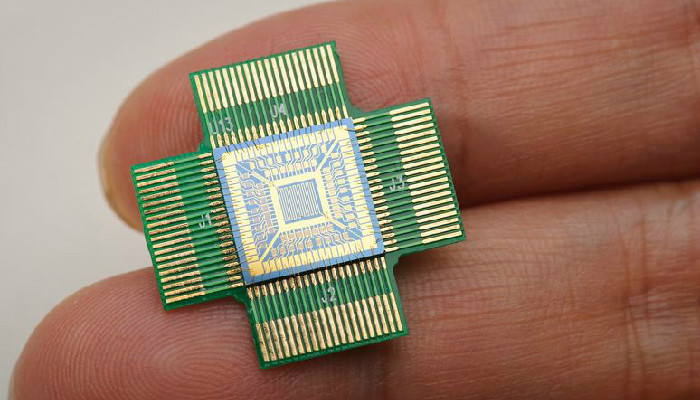University of Birmingham researchers are developing a sensor chip that they believe can improve the accuracy of prostate cancer diagnosis.
Prostate cancer is normally diagnosed by tests that rely on antibodies, making them vulnerable to degeneration by environmental changes. They are known to give false positive readings at a high rate.
The sensor chip works by identifying glycoprotein molecules frequently used as biomarkers for diseases, including prostate cancer. Detection techniques have focused on the protein of the molecule, which does not always change when the body is affected by disease.
The new chip uses synthetic receptors along a 2D surface to identify specific, targeted glycoprotein molecules that are differentiated by their modified carbohydrate chains. This shows subtle differences in healthy and diseased patients.
